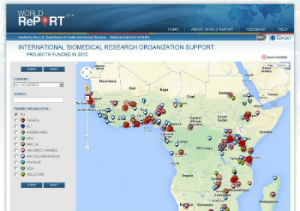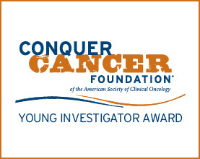 The National Institutes of Health recently announced the awardees of 2014 fiscal year funds to develop new approaches that engage researchers, particularly those from backgrounds underrepresented in biomedical sciences, and prepare them to thrive in the NIH-funded workforce.
The National Institutes of Health recently announced the awardees of 2014 fiscal year funds to develop new approaches that engage researchers, particularly those from backgrounds underrepresented in biomedical sciences, and prepare them to thrive in the NIH-funded workforce.
The awards are part of a projected 5-year program, issued as part of the Enhancing the Diversity of the NIH-Funded Workforce program. Together, the awardees will establish a national consortium to develop, implement, and evaluate approaches to encourage individuals to start and stay in biomedical research careers. The long-term goal is to enhance the NIH mission through a more diverse and robust workforce, attracting talented individuals from all population sectors.
For more information, see the NIH press release. Congratulations to all awardees and partners!

